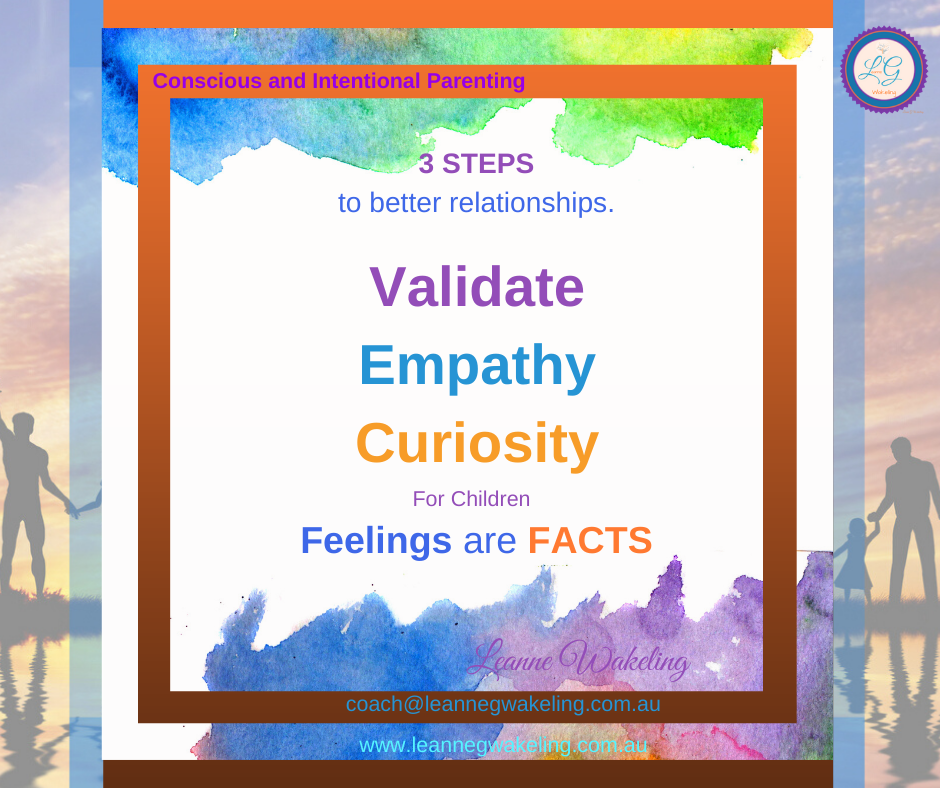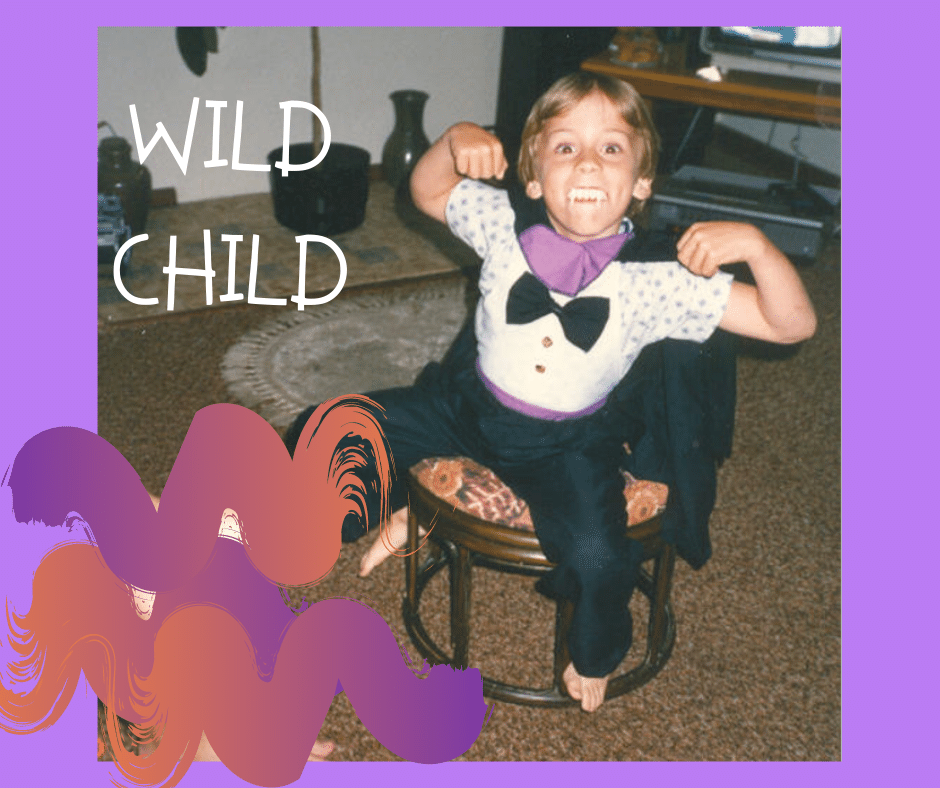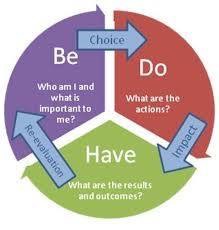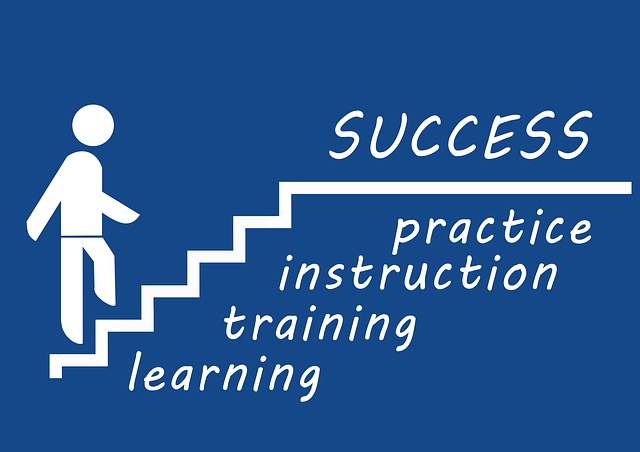The problem is, that in feeling the righteous indignation of a child speaking back, that a parent misses the opportunity to grow an even stronger connection with their child.
I get it, as the parent of four now adults including one very mouthy, opinionated, defiant, strong-willed child, I appreciate the feelings that come up. Especially for those of us brought up in homes where the parent was all powerful and the child was meant to tow the line, no questions asked (and regardless of whether you were compliant or rebellious).
Accepting that all behaviour is communication can require some conscious effort and intentional action.
Modern parenting is built, not on doing things differently, just because. The positive parenting approach comes from years of progress in understanding of human development. The moment, when applied effectively is authoritative, not authoritarian and isn’t meant to be permissive. It is built on principles of trust and respect, as is applicable in all modern workplaces.
In those moments when our child is talking back,
there
IS a golden
OPPORTUNITY.
What happens for many of us is, when our child starts to express their own boundaries, many parents hackles go up. Most of us don’t even know why, we just experience a sense of survival.
The problem for some parents, who may have had an early life similar to mine, where there was lots of screaming and shouting, so our spidy senses aka subconscious get triggered. For many of us, we then react, however reaction has no thinking. The purpose of reaction is survival. We need our thinking brain to recognise that our child is NOT a life threat. Sure might be a total nuisance but no imminent threat to our physical wellbeing.
Yes, I appreciate that some of us have some emotional sensitivities, however, regardless of the age of our child, our role is to be not only bigger and stronger, we are meant to be wiser and kinder. We are meant to be supporting our child how to navigate the world, and that comes from how we model the world to them. And in fact in the first 5ish years, children learn more from who we are then what we say.
What I mean by who we are, who we are BEing.
If we were to be watching the relationship from a hidden camera, what would our perspective be of our child’s experience be. Are we someone who is building trust and respect through showing our child trust and respect. Or are we reacting to all the minor hiccups and frustrations that come with parenting, and laying our frustrations on them. Expecting them to “know better”?
I feel for every parent who has been trapped by the lack of knowledge that a child is always doing the best they know how and are capable of. For many of us we didn’t get that benefit of the doubt as we grew up. It’s unsurprising that we get triggered, the opportunity is to be the ADULT.
Scientific, psychological and neurological research shows that when an adult is triggered to survival mode, the reaction is that of their inner child. That person who didn’t receive the opportunity to fully learn all the emotional management skills that we humans are supposed to gain in childhood (aka the first 18 plus years) time of life.
When we can accept that triggering is an opportunity to pause and reflect, we begin to give ourselves the chance to be the parent we wanted to have when we grew up.
Validate, Empathise, Curiosity

When we leave the response to automatic, we are destined to repeat the pattern of our childhood. Ie, what comes naturally, as nature will always take the path of least resistance.
Even more than that, the reality is, we end up with two children clashing. Our child, and our emotionally injured inner child. Neither are going to do well out of the disconnected experiences.
To avoid the family/tribal cycle repeating we MUST doing things differently.
As the saying goes, the thinking that created the problem can’t solve the problem.
When that moment happens, there are very few times where there is an immediate safety threat involved. Safety is always first. Then step back and reconnect. Our child is NEVER doing or saying anything to us. They are not disrespecting us, they are in fact crying out for support. It’s up to us to recognise it and support them.
When their behaviour deteriorates, the problem that needs to be fixed is NOT the behaviour, and rather the child’s problem and their thinking around that problem.
When you can master the communication, you master the relationship. When a child feels that they will be seen and heard for themselves, not for their behaviour, they can move closer and following our lead becomes natural. We have to build the trust in the relationship first. Then the journey together becomes much easier.

If you are finding yourself overwhelmed or inconsistent in the ability to understand and meet your child’s needs, remember, you were not raised to be an expert parent.
Chances are your model of parenting was good enough at best.
If you are not meeting your expectations, step back, reflect,
Are your expectations reasonable for your level of development and experience,
if so, go you for keeping things in perspective.
If not, what are you going to do about it?
Author – Leanne G Wakeling – Relationship and Communication Coach, Parenting Mentor,
Behaviour and Thinking Styles Profiler.
If you are in the trenches of parenting,
come join me in
the Conscious Wholehearted Parenting Tribe on Facebook,
where you can access tools, strategies and support, to assist you in raising children to become emotionally intelligent to meet the needs of Adulting in the 21st century.




